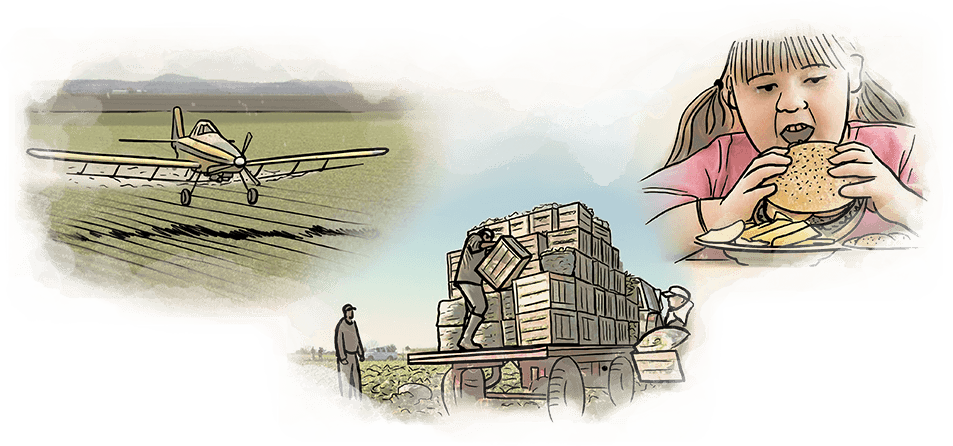Slide 2 of 7
Besides the benefits of fighting against hunger and guaranteeing access to proper healthy feeding, SAN and DHAA facilitate sustainable food production and consumption practices, as well as the promotion of short commerce circuits.
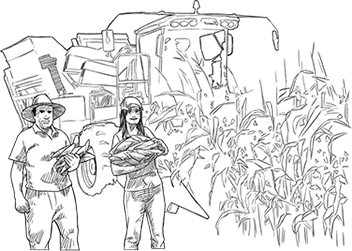
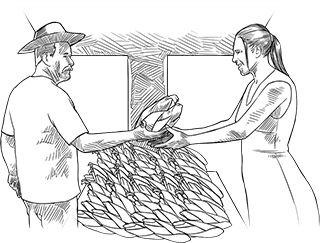

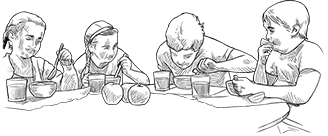

In this context, let’s observe some important aspects present in Brazil:
- On one hand, while recent studies state that the food production in the country is enough to ensure the per capita supply of calories for the entire population…
- On the other hand, the same studies indicate that factors such as low income and schooling are responsible for the lack of access to food by people who live under poverty and hunger situations.

The issues related to the feeding of the population in the country cover from hunger and malnutrition, due to the lack of access to quantity and quality of daily necessary feeding, to people who have necessary access, but also eat inadequately, which many times also generate serious health issues.
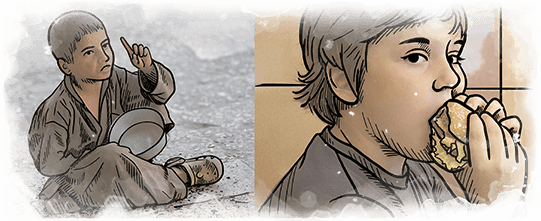
Besides the serious problems derived from inadequate feeding, other issues are recurrent, such as pesticide residues in food, and production standardization. The first one because it affects our health, and the second one because it goes against the principle that feeding integrates habits, ways of life, and the local and regional culture of the population. There is also the concern regarding the consumption of food in certain locations, but produced elsewhere, which due to transportation issues, taxes the prices, increases waste, and compromises the quality of goods.
